The Heart of the Desert
The Heart of the Desert
Kut-Le of the Desert
Book Excerpt
ly released the slender hands and leaned back in his
chair. The sun had crossed the peach orchard slowly, breathlessly. It
cast long, slanting shadows along the beautiful alfalfa fields and
turned the willows by the irrigating ditch to a rosy gray. As the sun
sank, song-birds piped and lizards scuttled along the porch rail. The
loveliest part of the New Mexican day had come.
The two young Northerners watched the man who was swinging through the orchard. It was Cartwell. Despite his breadth of shoulder, the young Indian looked slender, though it was evident that only panther strength could produce such panther grace. He crossed the lawn and stood at the foot of the steps; one hand crushed his soft hat against his hip, and the sun turned his close-cropped black hair to blue bronze. For an instant none of the three spoke. It was as if each felt the import of this meeting which was to be continued through such strange vicissitudes. Cartwell, however, was not looking at DeWitt but at Rhoda, and she re
Editor's choice
(view all)Popular books in Western, Romance, Fiction and Literature
Readers reviews
5.0
LoginSign up
The book is one of finest, greatest romantic book of H.W Morrow. The book was written about a girl named Rodha Tuttle who undergoes physical and spiritual rebirth in the deserts of New Mexico.She begins this story of romantic adventure as a severely neurasthenic young woman from the East, convinced that she is about to die.
Visiting friends at a desert reclamation project, she is courted by two suitors. Both of them are refined, gentlemanly products of an Eastern education, who slip into white flannels as the occasion calls for them. One, John DeWitt, is a white man of good breeding. The other is an Apache Indian, who has adopted an Anglo name, Charley Cartwell.
Rhoda, when she is not too dispirited to object, dismisses the solicitous attentions of both men. DeWitt wants her to marry him, but she does not want to burden him with her sick self and, she believes, imminent death. Charley, whose Indian name is Kut-le, triggers mixed feelings in her. Handsome, well polished, and courteous enough, he makes her uneasy.
And well he should. He is an Indian inside his khakis, and a thousand years of white civilization separate the two of them. Though he is trained as an engineer and has plans for study abroad at the Sorbonne, he is little more to her than a dressed-up savage. When he says he loves her and proposes marriage, flags go down all over the field.
Visiting friends at a desert reclamation project, she is courted by two suitors. Both of them are refined, gentlemanly products of an Eastern education, who slip into white flannels as the occasion calls for them. One, John DeWitt, is a white man of good breeding. The other is an Apache Indian, who has adopted an Anglo name, Charley Cartwell.
Rhoda, when she is not too dispirited to object, dismisses the solicitous attentions of both men. DeWitt wants her to marry him, but she does not want to burden him with her sick self and, she believes, imminent death. Charley, whose Indian name is Kut-le, triggers mixed feelings in her. Handsome, well polished, and courteous enough, he makes her uneasy.
And well he should. He is an Indian inside his khakis, and a thousand years of white civilization separate the two of them. Though he is trained as an engineer and has plans for study abroad at the Sorbonne, he is little more to her than a dressed-up savage. When he says he loves her and proposes marriage, flags go down all over the field.
- Upvote (0)
- Downvote (0)
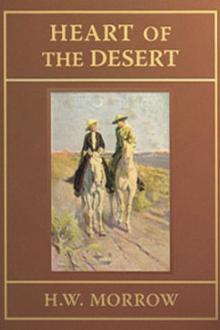
 Free Download
Free Download






















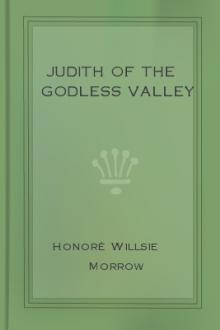
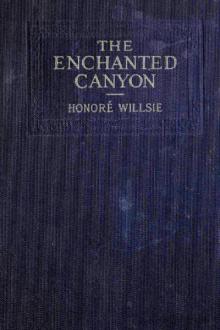
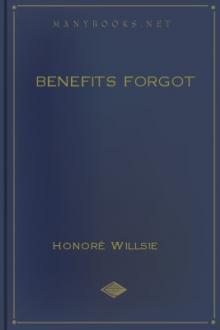
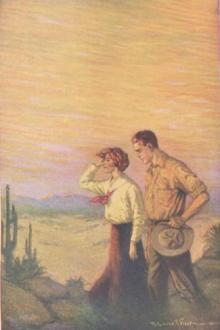
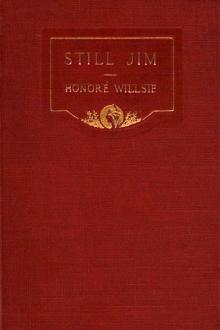
-itok=vcKIB5v1.jpg)